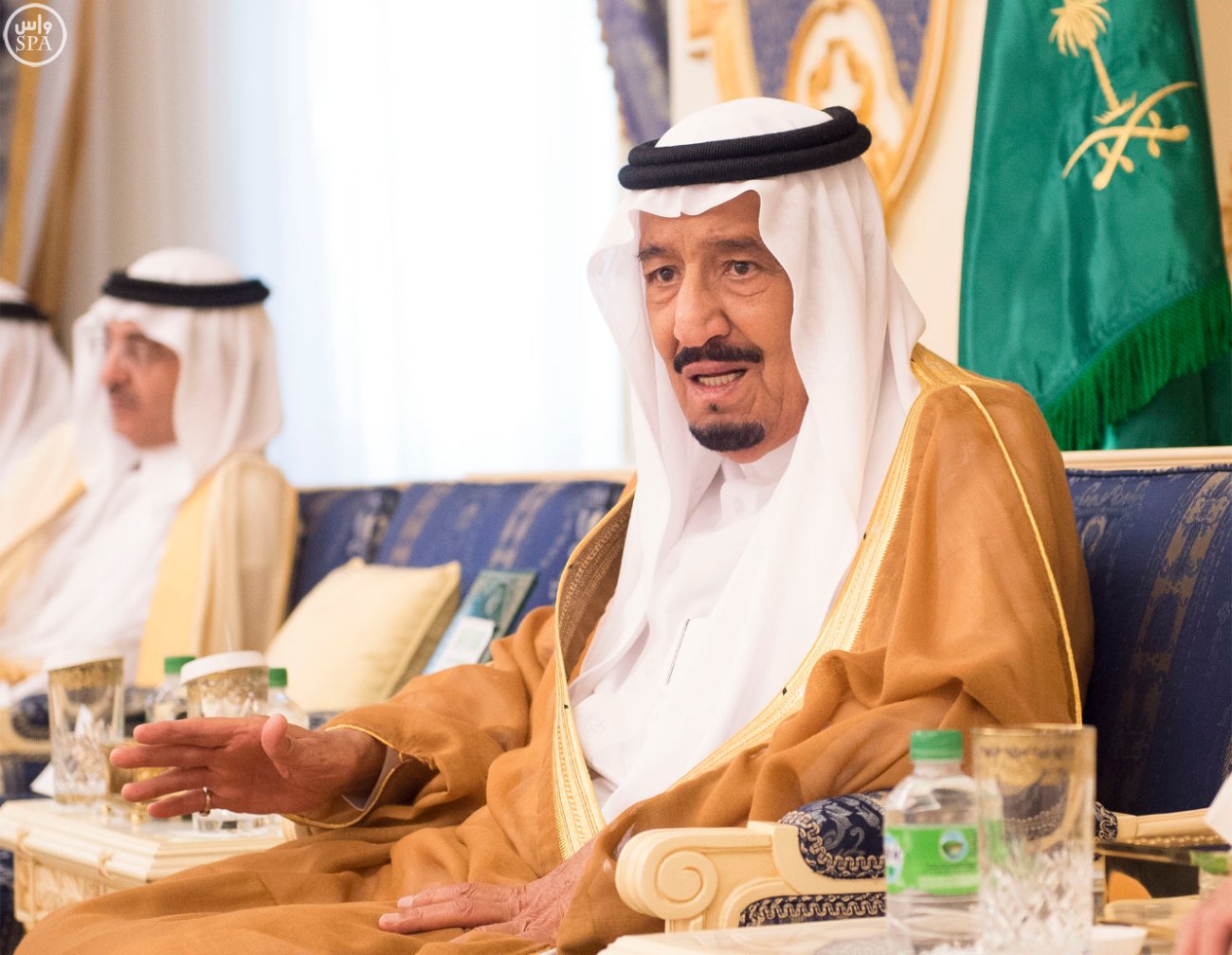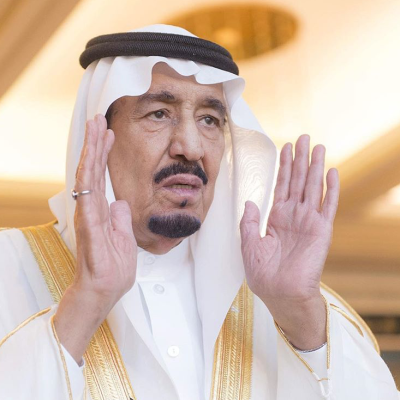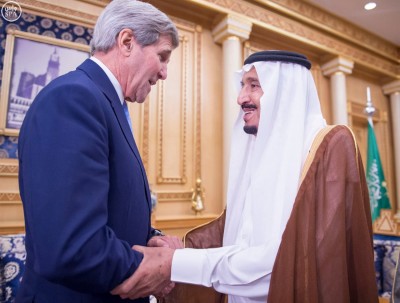Forbes magazine has named Custodian of the Two Holy Mosques HRH King Salman as the most powerful personality in the Arab world in the magazine’s most recent list for 2015.
Russian President Vladimir Putin (No. 1) takes the top spot out of 73 on Forbes’s seventh annual ranking of “The World’s Most Powerful People.”
In a curious decision by the magazine in its 7th year of publishing the list, German Chancellor Angela Merkel was named number 2 on the list, ahead of U.S. President Barack Obama, making it the first year a sitting U.S. President has not made it into the top 2 spots.
HRH King Salman is one of 8 newcomers to this year’s list, ranking at 14th overall. King Salman’s predecessor, the late King Abdullah, was 11th overall on the list in 2014.
The magazine said Shinzo Abe (No. 41), the Japanese prime minister, is the biggest upward mover on the list, up 22 spots.
King Salman has made wide-reaching changes in Saudi Arabia since ascending to the throne earlier this year, which has been eventful one for the Kingdom. Unrest in Yemen has drawn a Saudi-led coalition into a bloody and difficult conflict to restore the elected Hadi government unseated by Houthi rebels. Saudi and coalition forces, propelled by frequent airstrikes, have pushed the Houthis back from Aden and another round of talks are set for later in November, however, victory thus far remains elusive.
Saudi Arabia has conducted air strikes in Iraq and Syria to battle the rise of the self-described Islamic State, or Daesh, terrorist organization that is destabilizing Iraq and Syria. In turn, Daesh has carried out murderous suicide bombings and shootings across Saudi Arabia, largely targeted at Shia minority groups within the Kingdom on the border with Yemen and in the Eastern Province.
The Kingdom and its new Foreign Minister, former Saudi Ambassador to the United States H.E. Adel Al-Jubeir, have been working alongside the United States and other western nations to end the ongoing bloodbath that is Syria’s four-year civil war. The key sticking point between the two sides, which recently included Iran as a participant in talks, is whether Syria’s embattled leader Bashar Al-Assad should stay or go.
King Salman has also overseen extensive changes to key leadership positions in Saudi Arabia. In addition to promoting Crown Prince Mohammed bin Naif to replace the outgoing Crown Prince Muqrin, the King also appointed his son Mohammed bin Salman to the positions of Deputy Crown Prince and Minister of Defense.
Much of the government’s decision making apparatus has changed, too, under King Salman. Major political and economic decisions are now largely determined by two new and powerful Councils; the Council of Political and Security Affairs is presided over by Crown Prince Mohammed bin Naif and the Council of Economic and Development Matters is presided over by Deputy Crown Prince Mohammad bin Salman.
On the economy, Saudi Arabia has had a challenging year thus far. Although low oil prices have applied steady downward pressure on the economy, it is nevertheless forecasted to grow 3.4% this year. Saudi Arabia is dipping into reserves to meet the shortfall for now while continuing apace with projects aimed at furthering economic diversity away from oil.











